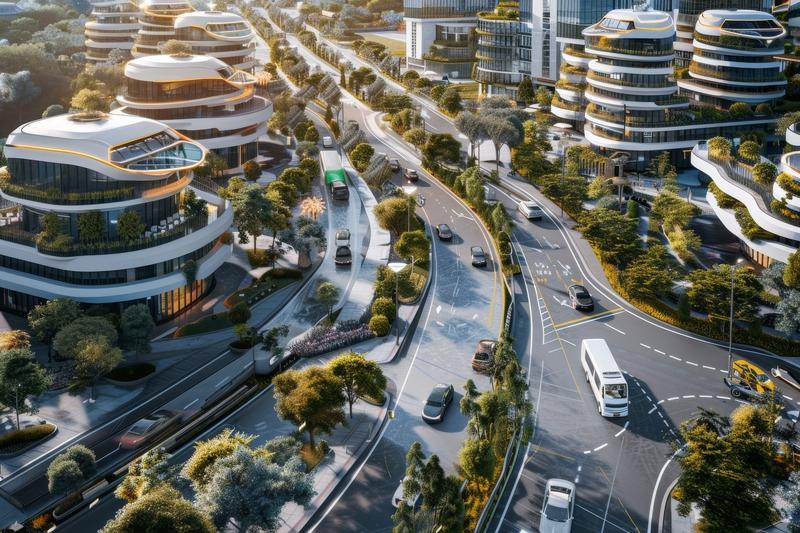New online research, commissioned by Nuance Communications and carried out by YouGov, which quizzed drivers on their expectations around in-car digital technology, found that time wasted in traffic (70 per cent) and searching for parking spaces (53 per cent) were cited as British drivers’ most common gripes when on the road.
This survey, of 2062 adults, of which 1621 have a driving licence, demonstrates that British drivers would look for in-car technology to humanise their driving experience, by enabli
New online research, commissioned by Nuance Communications and carried out by YouGov, which quizzed drivers on their expectations around in-car digital technology, found that time wasted in traffic (70 per cent) and searching for parking spaces (53 per cent) were cited as British drivers’ most common gripes when on the road.
This survey, of 2062 adults, of which 1621 have a driving licence, demonstrates that British drivers would look for in-car technology to humanise their driving experience, by enabling them to stay in touch with people and increase the enjoyment of driving.
Drivers are also more focused on the driving experience than expecting automotive assistants to help them be more productive. Indeed, many drivers expect their automotive assistants to act as guide while on the road (58 per cent), to help them stay connected with friends and family (21 percent) and to entertain them (22 per cent), while productivity was an important factor for just 10 per cent of respondents.
Further key figures include: 35 per cent of British drivers would prefer a biometric solution (face or voice recognition) to identify them rather than traditional car keys (27 per cent); Two-thirds of drivers would like their automotive assistant to learn from them and their past behaviour to deliver a better user experience; Two in five drivers want their car to learn from their preferred routes, while more than a quarter want their car to remember their behaviour, including individual preferences for types of cuisine, price preferences, off-street parking, etc; Nearly half of UK drivers want their car to help them deal with car diagnostics, for example, to report issues, and help them understand new car features.
When provided with a list of high profile names to choose from as their preferred digital in-car automotive assistant, one in five chose Stephen Fry, with just 10 per cent selecting driving guru and former Top Gear presenter, Jeremy Clarkson.
Looking to the future, consumers would want their cars to proactively tell them if there is free parking at their destination, let them know if they don’t have enough fuel to complete their journey, and if they are likely to arrive late (60 per cent, 59 per cent, and 34 per cent, respectively).
This survey, of 2062 adults, of which 1621 have a driving licence, demonstrates that British drivers would look for in-car technology to humanise their driving experience, by enabling them to stay in touch with people and increase the enjoyment of driving.
Drivers are also more focused on the driving experience than expecting automotive assistants to help them be more productive. Indeed, many drivers expect their automotive assistants to act as guide while on the road (58 per cent), to help them stay connected with friends and family (21 percent) and to entertain them (22 per cent), while productivity was an important factor for just 10 per cent of respondents.
Further key figures include: 35 per cent of British drivers would prefer a biometric solution (face or voice recognition) to identify them rather than traditional car keys (27 per cent); Two-thirds of drivers would like their automotive assistant to learn from them and their past behaviour to deliver a better user experience; Two in five drivers want their car to learn from their preferred routes, while more than a quarter want their car to remember their behaviour, including individual preferences for types of cuisine, price preferences, off-street parking, etc; Nearly half of UK drivers want their car to help them deal with car diagnostics, for example, to report issues, and help them understand new car features.
When provided with a list of high profile names to choose from as their preferred digital in-car automotive assistant, one in five chose Stephen Fry, with just 10 per cent selecting driving guru and former Top Gear presenter, Jeremy Clarkson.
Looking to the future, consumers would want their cars to proactively tell them if there is free parking at their destination, let them know if they don’t have enough fuel to complete their journey, and if they are likely to arrive late (60 per cent, 59 per cent, and 34 per cent, respectively).







